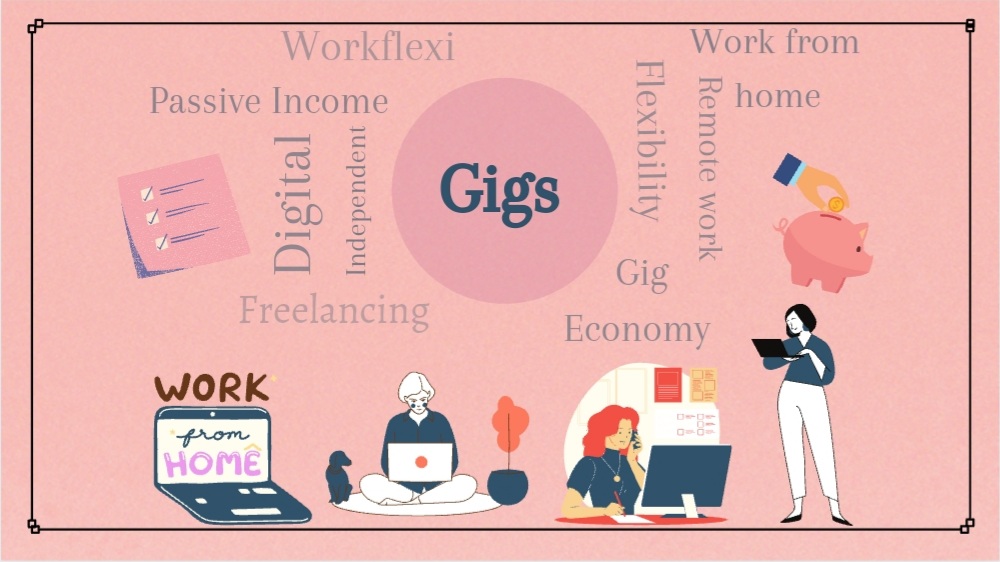5 reasons why EQ will land you a contract job

Hiring is easy but firing proves costly. Not only will it lower employee morale but also affect your company’s productivity levels. All your time to pick your candidate goes to nought when you realise what a bad hire that was. And statistics reveal that cost of replacing an employee is six to nine times the sacked employee’s salary. That’s what The Society for Human Resource Management says in one of its many predictions on workplace practices.
Contract Jobs
So what makes for a great hire? Statistics reveal that a high amount of Emotional Quotient (EQ) plays a bigger role. They say that 90% of top performing employees have high emotional intelligence.
Therefore, if you plan on hiring contract employees, or if you want to be hired on a fixed term, these are the qualities you should possess.
Watch your body language
What you say should mirror your body language. Studies reveal that much of our communication is non-verbal. Therefore, how you behave during interviews is crucial to nailing that job. The confidence in your voice comes next. The gait with which you walk across the room to meet the interviewees, the awkward pause before they ask you to sit down or you ask for their permission are all giving them hints on your emotional intelligence. An ideal interview room is one long rectangular size where the interviewees at stationed at the end of it, so they can judge your body language as you come over to meet them. A person who is wedded to his work but lacks the social skills needed for a job will not get the job and his body language will announce this to his hirers even if he doesn’t. A person with a higher EG will mirror what his inside to the outside and vice versa. And that’s when his body language will be in sync with what he truly stands for. And such people exude an aura that immediately catches people’s attention. If you are the recruiter, learn to read the body language. And if you are a recruit, don’t fake it; you will be exposed within no time. Just be yourself. If you are good, you will be hired.
High vs low EQ
So how do you judge a person on the EQ scale? For one, there are four things to look at. Are they aware of who they really are? Can they manage themselves? How socially-aware are they? And what about their relationship management skills? These cardinal rules are especially handy when you have people who are equally qualified for the job. That is when you should apply the EQ rules and pick the candidate. The simplest example of this is picking a person who repeats your question to understand if that is what you meant, you know that this person knows a lot about better relationship management.
Think outside the office
The CCTV footage outside the interview room and where the candidates are interacting with the other candidates and the front office assistants give you a ringside view of the candidates and their personality profiles. Here is where their EQ is in full display. Unknowing to them, if you monitor their body language out here, you will get a clearer picture of who they really are. If they are masking their real identity, it comes undone after the interview. And if you’ve seen them before the interview, you have already seen their real self. How the candidates behaves with the others and how he treats the front office assistants goes a long way in how he will treat the workplace after you hire them.
Avoid the usual set of questions
What’s on the biodata should be avoided. What you should ask is something that will make them introspect; take a pause and answer. It’s like throwing a googly at them to see how they respond to a question they never expected. Here is where their true body language will be in full display. The confidence in their voice, the passion in the subject they are talking about and the warmth and kindness they bring to the discussion is what separates a winner from a loser.
Feedback can come from anyone
Sometimes, when you are still not sure whom to hire, particularly when there are two candidates who appear equally deserving, there is another thing you can do. Ask all the people the candidate came in touch with: the HR executive, the receptionist, the clerk, the fellow employees and the job consultant. All their feedback will help you arrive at the best possible summary of where this guy’s EQ stands compared to the others.
And finally…
There you have it. The rule of EQ demands that not only should the new hire have it but also the person who is hiring them. It works both ways. So the next time you hire someone, remember Facebook CEO Mark Zuckerberg’s oft-quoted remark: “I will only hire someone to work directly for me if I would work directly for that person.” Surround yourself with greatness and abundant positivity will follow you all around.



